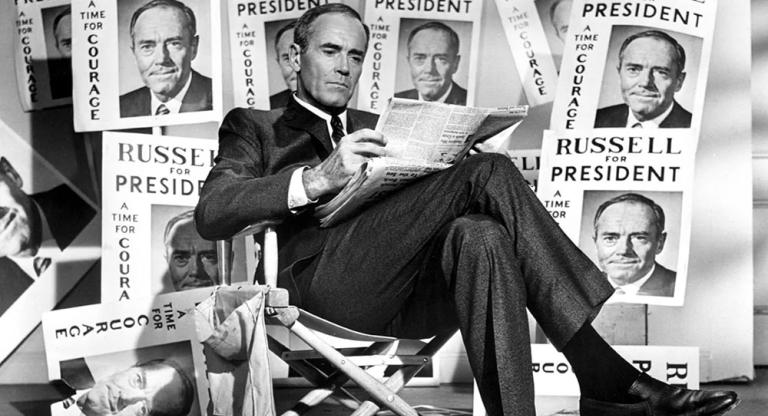When he began shooting his first sound feature in 1932, from a script adapted from Dawn Powell's play Walking Down Broadway, Erich von Stroheim was an artist in retreat. By the time of the film’s release under the amended title of Hello, Sister!, he was defeated. Von Stroheim had intended to buck his reputation for excesses of budget and runtime with the film, a relatively modest story of modest lives amid the Manhattan throngs, and seemingly succeeded in bringing the film in on schedule and under budget. The villains of cinema history aren’t always so easily appeased, however, and the Fox executives and Hays officials who first screened the film were so horrified by its harsh tone and bleak resolution that reshoots helmed by Raoul Walsh and Alfred L. Werker were ordered immediately. The final work now exists as a fascinating auteurist object, a case study in how much (or how little) of the artist can remain in a film from which they’ve been deliberately excised.
Hello, Sister! is truly compromised from the start, which proceeds from opening titles that make no mention of a director, producer, or screenwriter (noting only that it is adapted from a play by Dawn Powell) to the film’s most incongruously studio-inserted figure. A drunk (Will Stanton, essentially reprising his role from Walsh’s contemporaneous Me and My Gal) stumbles up the stairs of the apartment building where Peggy (Boots Mallory) and Millie (ZaSu Pitts) reside, catching the ire of their streetwise neighbor Mona. The three women then discuss their plans for the evening, with the romantically-challenged Millie and uninhibited Mona attempting to goad the virginal Peggy into trying their luck at finding dates on the Great White Way.
Their frank discussion of sexual mores is the most salacious pre-Code moment still to be found here (says Mona: “These are hard times, no girl has a right to hoard. Give out!”), as well as the first emergence of von Stroheim’s artistry in the film. The frustrated jealousy of the supposedly homely Millie strikes a familiar tone in the director’s work, from the abandoned maid Maruschka in Foolish Wives (1922) to Pitts’s own haranguing character in Greed (1924). The two men who quickly set their sights on the pair are no different: the dichotomy between the kind but timid Jimmie (James Dunn) and the grotesque lechery of Mac (Terrance Ray) feels like quintessential von Stroheim, even if the latter character was apparently somehow even more despicable in his conception. Combing through the movie for the director’s visual or rhythmic signature is a fool’s errand in something so extensively reshot, but the film’s tapping of sexual neuroses as the driving factor of the drama belongs to von Stroheim alone.
Still, many of the pleasures of Hello, Sister! are common among pre-Codes: the brisk runtime, the giddy injection of movie romance into a hardscrabble working-class milieu, the tactile mise-en-scène of moments like Pitts’s fall into a ditch from a makeshift bridge. One feels the madness that seeps into the frames of von Stroheim’s silents in the shocking brawl between Mona and Mac, but the two most indelible grace notes here—Jimmie and Peggy’s love scene as they peer through her skylight and the slow push-in on The Last Supper as Peggy is comforted over her own not-quite-virgin birth—seem to bring out the romantic in him. Von Stroheim walked away from directing permanently after the experience, but the appeal of his final work goes far beyond the thought of what might have been.
Hello, Sister! screens this evening, July 8, and on July 11 at the Museum of Modern Art as part of the series “A View From the Vaults 2023: A Fox Dozen.”



